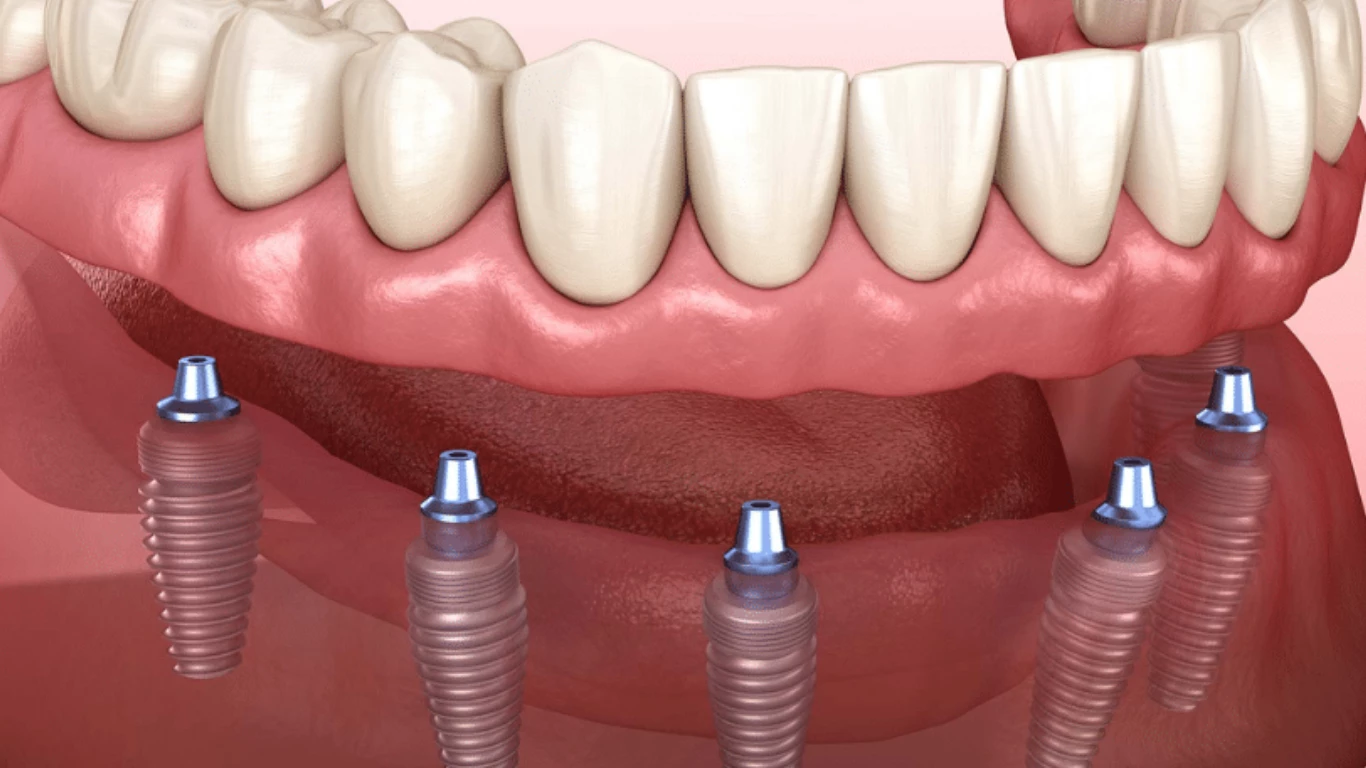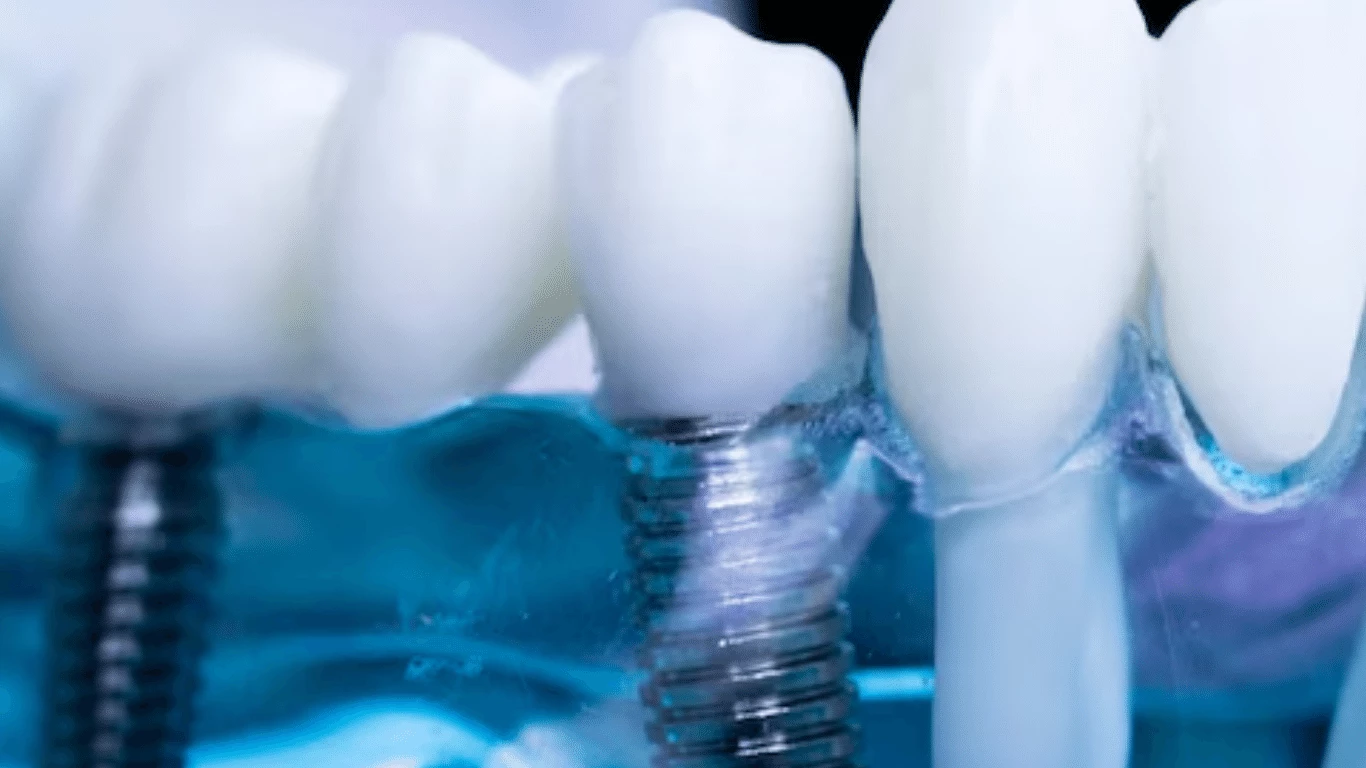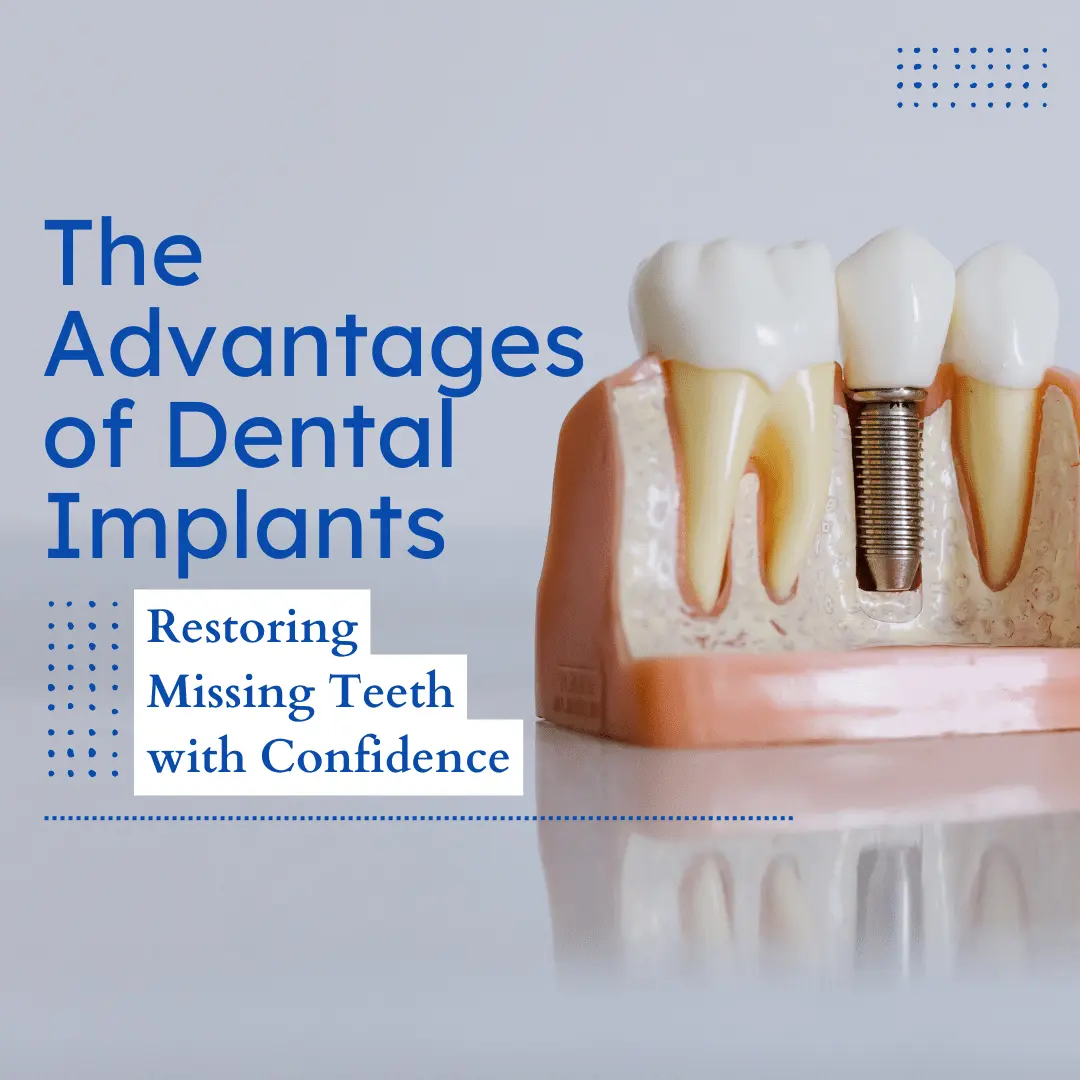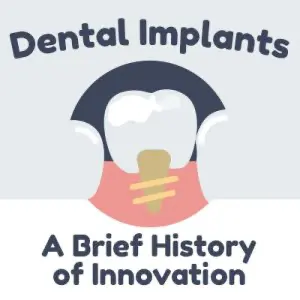If you’re missing teeth and looking for a reliable solution to restore your smile, subperiosteal dental implants may be the answer. We will explore what subperiosteal dental implants are, how they work, their benefits, unique features, and some dos and don’ts associated with them.
What are Subperiosteal Dental Implants?
Subperiosteal dental implants are a type of support for artificial teeth when there is not enough healthy bone available to help traditional implants. Unlike endosteal implants inserted directly into the jawbone, subperiosteal implants are placed underneath the gums but above the jawbone. Due to their unique placement, they are sometimes called “onlay implants.
Subperiosteal Dental Implants: How It Works
Subperiosteal dental implants are designed to sit over the jawbone, under the gums instead of being inserted into the bone, as with traditional dental implants. The procedure typically involves the following steps:
- Consultation and Evaluation: The process begins with a thorough consultation at Cornerstone Dentistry. With this session, your dentist will evaluate your oral health including bone density and gum condition, and discuss your dental needs and goals.
- Treatment Planning: A tailored treatment plan is prepared (based on the evaluation findings. This plan includes the design and fabrication of the subperiosteal implant, which will serve as the foundation for the replacement teeth.
- Implant Placement: Subperiosteal implants are surgically placed beneath the gum tissue and on the jawbone. The implant is designed to conform to the jawbone’s shape to ensure stability and support for the replacement teeth.
- Healing and Osseointegration: After placing the implant, a healing period is necessary to allow the gum tissue to heal and secure the implant. Unlike traditional dental implants, subperiosteal implants do not rely on osseointegration with the bone for stability.
- Final Restoration: Once the healing is complete, your dentist at Cornerstone Dentistry will attach the replacement teeth (typically a bridge or denture) to the subperiosteal implant. The restoration is customized to match your natural teeth in appearance and functionality.
Benefits of Subperiosteal Dental Implants
- Bone Density Independence: Subperiosteal implants can be a suitable option for individuals with limited bone density, as they do not require the same level of bone integration as traditional implants.
- Minimized Surgical Intervention: Subperiosteal implants involve less invasive surgery than traditional implants, making them an option for patients who may not tolerate more extensive procedures.
- Stabilized Dentures: These implants are particularly beneficial for stabilizing loose-fitting dentures, providing a more secure and comfortable fit.
- Customizable Restorations: Subperiosteal dental implants can support various restorations, allowing for flexibility in treatment planning.
Unique Features at Cornerstone Dentistry
- Custom Design: Our experienced dental professionals at Cornerstone Dentistry care greatly in designing subperiosteal implants that fit your jawbone precisely to ensure stability and support.
- Advanced Imaging: We use state-of-the-art imaging technology, such as 3D imaging, to plan and execute the subperiosteal implant procedure accurately.
- Patient-Centered Care: At Cornerstone Dentistry, we prioritize patient comfort and satisfaction, providing comprehensive care and support throughout treatment.
Dos and Don’ts for Subperiosteal Dental Implants
Dos:
- Follow Post-Operative Instructions: Strictly adhere to the specific care instructions provided by your dentist at Cornerstone Dentistry to promote healing and minimize complications.
- Maintain Excellent Oral Hygiene: Even though subperiosteal implants are less reliant on bone integration, brushing and flossing are essential for dental health daily and attending regular dental check-ups and cleanings.
- Attend Follow-Up Appointments: Keep all scheduled appointments with your dentist to monitor the progress of your subperiosteal dental implants and make any necessary adjustments.
- Quit Smoking or Tobacco: Smoking can hinder healing and increase the risk of implant failure. Quitting or refraining from smoking during your implant treatment is strongly recommended.
Don’ts:
- Avoid Excessive Alcohol and Caffeine: Limit alcohol and caffeine consumption, as excessive intake can negatively impact healing.
- Do Not Skip Appointments: Regular check-ups and follow-up appointments with your dentist are crucial for the long-term success of your subperiosteal dental implants.
Create Wellness and Joy Stories with Us
Cornerstone Dentistry welcomes you to Subperiosteal Dental Implants, where solid, brilliant smiles are achieved professionally. Let’s create a story that improves your oral health and creates a future where every smile and shared meal is a monument to innovative dental solutions and caring care.
Here’s to big smiles, hearty tastes of life’s delights, and stories of wellness, energy, and endless joy. Welcome to a place where your dental stories are heard, cherished, and celebrated, generating vibrant and healthy futures.
If you have any questions about dental implants or would like to schedule a consultation with your Anderson implant dentist, Dr. Hardy or Dr. Wilson at Cornerstone Dentistry, you should get in touch with us.

Proudly serving patients from Anderson, Seneca , Clemson, Powdersville, Greenville, Easley, Greenwood, and beyond!
If you have any questions or would like to schedule an appointment with your Anderson dental team, give us a call at (864) 222-9001or request an appointment online! We look forward to hearing from you!





